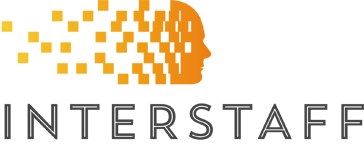The Government is cracking down on businesses who fail to meet sponsorship obligations and has introduced new laws to be able to publicly name and shame businesses that have not complied with their sponsorship and visa requirements. While most organisations strive to do the right thing when sponsoring visa holders, business owners and human resource teams will need to be more vigilant than ever when managing compliance with sponsorship requirements and their employees’ visa conditions. Changes under the Migration and Other Legislation Amendment (Enhanced Integrity) Act 2018 came into effect on 13 December 2018 to enable the Department of Home Affairs to:
- Publicly disclose information about businesses who breach their sponsorship obligations
- Request a skilled visa holder’s Tax File Number to cross match information with financial records such as employment history, hours of work and salary
Read on to find out more about the changes and the impacts to businesses who sponsor visa holders.
 Businesses who breach sponsorship obligations may be publicly disclosed
Businesses who breach sponsorship obligations may be publicly disclosed
Under the changes, the below information may be disclosed to identify businesses who do not meet their sponsorship obligations:
- The business name, trading name or ABN
- Business details of individuals engaged in the sponsorship breach (for businesses operating as sole traders or partnerships)
- The sponsorship obligations that were not satisfied and details of the breach
- The Department’s actions taken against the sponsor, including sanction details
It may soon become clear which businesses are being compliant and which ones aren’t.
 What about sanctions from previous years?
What about sanctions from previous years?
The Legislation Amendment allows the Minister to publish the details of sanction actions that occurred on or after 18 March 2015. As a result, any business sponsor that has faced sanction actions for failing to meet their sponsorship obligations over the last few years may be published.
 What if the sanction is varied or waived?
What if the sanction is varied or waived?
In cases where a business decides to appeal a sanction and it is subsequently varied or waived, public records will either be updated or removed respectively.
 What this means for businesses | Interstaff Insights
What this means for businesses | Interstaff Insights
Businesses that are non-compliant now run the risk of damaging their reputation as an ethical and responsible employer of visa holders in addition to civil penalties that already apply. Our fact sheet may assist businesses to understand some of their sponsorship obligations, however we recommend seeking professional advice to ensure compliance measures are well integrated into your HR and business policies.
While there are greater consequences for businesses that do not meet sponsorship obligations, over the past two years the Government has rewarded responsible businesses by expanding the qualifying requirements for Accredited Sponsorship. Eligible businesses can upgrade their sponsorship to accredited status to access benefits such as priority visa and nomination processing. Read our fact sheet to understand the difference between Standard Business Sponsorship (SBS) and Accredited Sponsorship.
Our migration agents can assist with group compliance training sessions for HR teams and business owners and also assess your business’ eligibility for Accredited Sponsorship.
 30 years of visa experience since 1988
30 years of visa experience since 1988
The Interstaff team are proud to be celebrating 30 years of visa and migration experience. Since Interstaff’s inception in 1988, we have specialised in assisting businesses and individuals with the visa and sponsorship process with a focus on compliance with migration law.
To contact Interstaff and discuss your visa queries, simply call our Registered Migration Agents on +61 8 9221 3388 (or National Free Call 1800 449 858) for a visa or sponsorship assessment or email [email protected]
Source:
Interstaff’s Registered Migration Agents
Migration Institute of Australia







